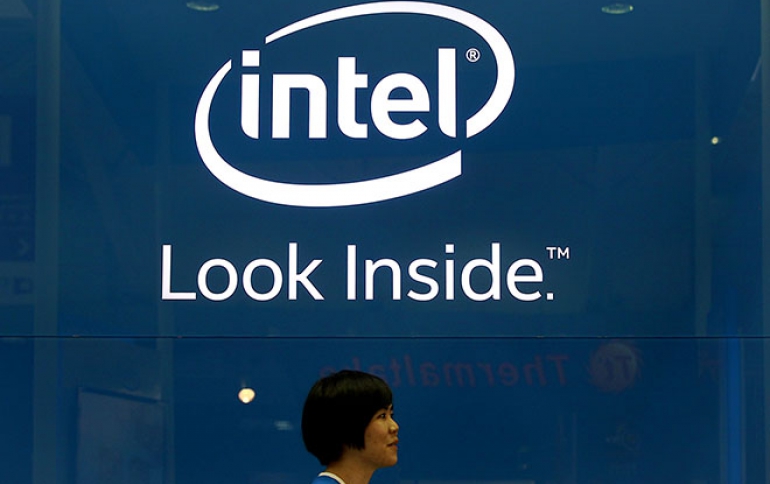
Intel Says That Patches for Spectre, Meltdown Affect Newer Chips
Data center computers with Intel's newer chips might reboot more often than normal because of problems with the patches issued to fix the Spectre and Meltdown security flaws.
Intel confirmed that patches for the security flaws can cause higher-than-expected reboot rates in Ivy Bridge, Sandy Bridge, Skylake and Kaby Lake processors, said Navin Shenoy, general manager of the data center group, in a statement on Intel's website.
Last week, Intel said it had received reports that its security patches were causing problems in systems with its older Broadwell and Haswell chips.
Intel has already issued patches for 90 percent of Intel chips released in the past five years but the company admitts that there is still "more work to do." Intel plans to send out initial versions of fixes for the buggy patches to customers by next week.
On Jan. 3 Intel confirmed that the Spectre and Meltdown flaws affected its chips, potentially letting hackers steal information believed to be very secure.
The Spectre flaw affected nearly every modern computing device, including those with chips from Intel, AMD and ARM.
Intel also continues to quantify how much of a performance hit the patches cause for data center customers. To date, the company has tested server platforms running two-socket Intel Xeon Scalable systems (code-named Skylake), Intel's latest server microarchitecture.
To summarize what Intel's seen in testing so far:
- Impacts ranging from 0-2% on industry-standard measures of integer and floating point throughput, Linpack, STREAM, server-side Java and energy efficiency benchmarks. These benchmarks represent several common workloads important to enterprise and cloud users.
- An online transaction processing (OLTP) benchmark simulating modeling a brokerage firm's customer-broker-stock exchange interaction showed a 4% impact. More analytics testing is in process and the results will be dependent on system configuration, test setup and benchmark used.
- Benchmarks for storage also showed a range of results depending on the benchmark, test setup and system configuration:
- For FlexibleIO, a benchmark simulating different types of I/O loads, results depend on many factors, including read/write mix, block size, drives and CPU utilization. When Intel conducted testing to stress the CPU (100% write case), the company saw an 18% decrease in throughput performance because there was not CPU utilization headroom. When Intel used a 70/30 read/write model, they saw a 2% decrease in throughput performance. When CPU utilization was low (100% read case), as is the case with common storage provisioning, Intel saw an increase in CPU utilization, but no throughput performance impact.
- Storage Performance Development Kit (SPDK) tests, which provide a set of tools and libraries for writing high performance, scalable, user-mode storage applications, were measured in multiple test configurations. Using SPDK iSCSI, Intel saw as much as a 25% impact while using only a single core. Using SPDK vHost, Intel saw no impact.





















